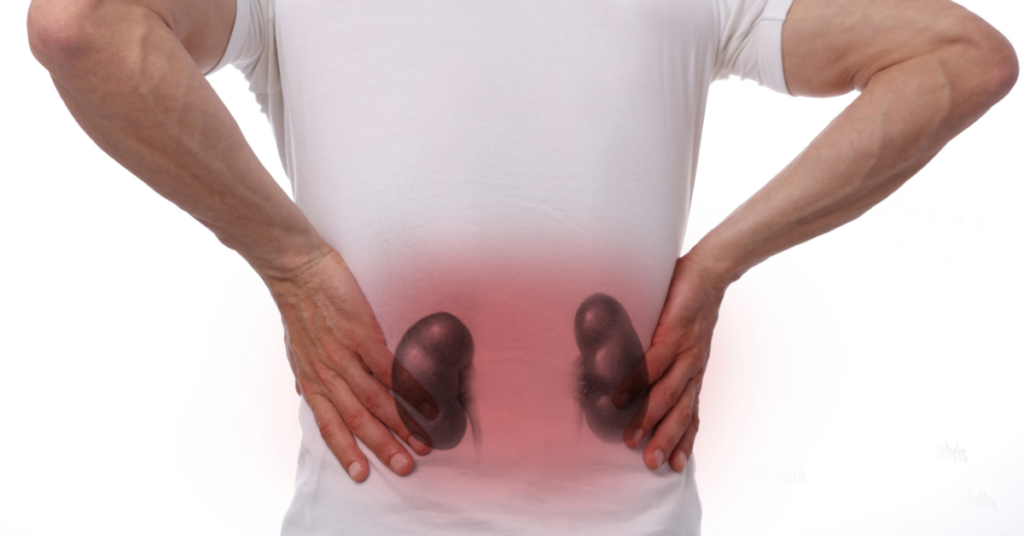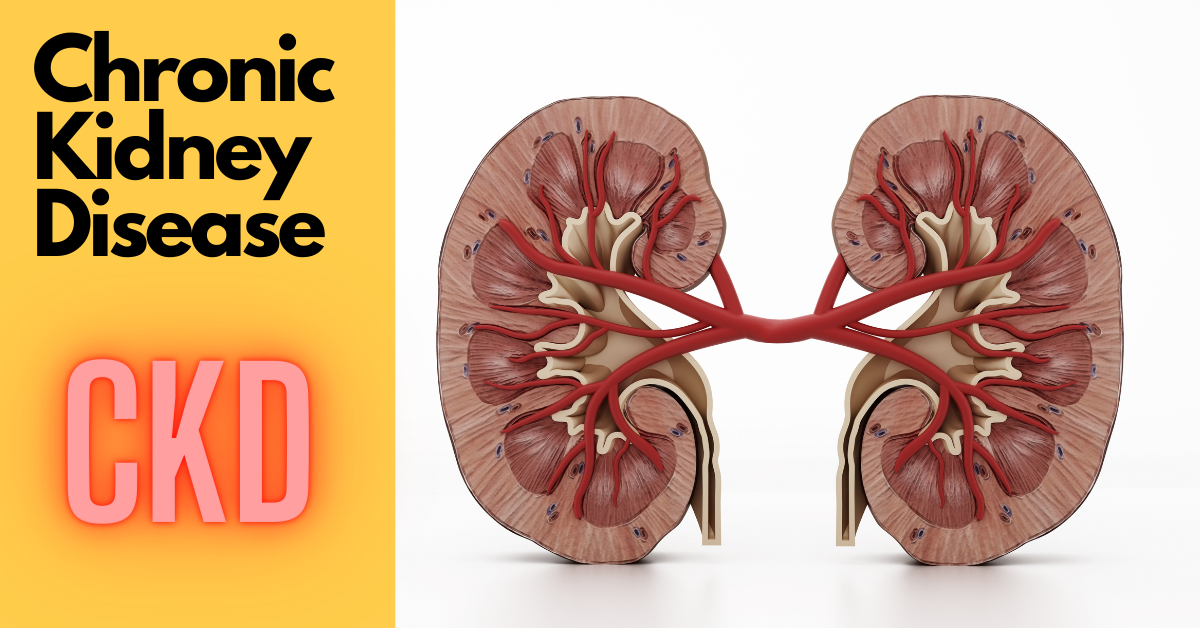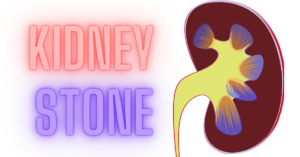Table Of Contents
hide
Introduction
Chronic kidney disease (CKD) also known as Chronic renal disease, is a progressive loss in renal function over a period of months or years. The symptoms of worsening kidney function are unspecific, and might include feeling generally unwell and experiencing a reduced appetite.
Causes of CKD
- Chronic kidney disease sometimes results from primary diseases of the kidneys themselves
- Diabetes Mellitus cause a condition called diabetic nephropathy, which is the leading cause of kidney disease.
- High blood pressure (hypertension), if not controlled, can damage the kidneys over time.
- Glomerulonephritis is the inflammation and damage of the filtration system of the kidneys, which can cause kidney failure. Post infectious conditions and lupus are among the many causes of glomerulonephritis.
- Polycystic kidney disease is an example of a hereditary cause of chronic kidney disease wherein both kidneys have multiple cysts.
- Use of analgesics regularly over long duration of time can cause analgesic nephropathy, another cause of kidney disease. Certain other medications can also damage the kidneys.
- Clogging and hardening of the arteries (atherosclerosis) leading to the kidneys causes a condition called ischemic nephropathy, which is another cause of progressive kidney damage.
- Obstruction of the flow of urine by stones, an enlarged prostate, strictures (narrowings), or cancers may also cause kidney disease.
- Other causes of chronic kidney disease include HIV infection, sickle cell disease, heroin abuse, amyloidosis, kidney stones, chronic kidney infections, and certain cancers.
Risk Factors
- Diabetes Mellitus
- Hypertension
- Cardiovascular Disease
- Obesity
- Metabolic Syndrome
- Acute Kidney Injury
- Malignancy
- Family history of CKD
- Kidney Stones
- Infections like Hep C and HIV
- Autoimmune diseases
- Nephrotoxics like NSAIDS

Symptoms
- High Blood pressure
- Urea accumulates, leading to azotemia and ultimately uremia
- Hyperkalemia with a range of symptoms including malaise and potentially fatal cardiac arrhythmias
- Erythropoietin synthesis is decreased (potentially leading to anemia, which causes fatigue).
- Fluid volume overload
- Hyperphosphatemia
- Hypocalcemia
- Later this progresses to secondary hyperparathyroidism, renal osteodystrophy and vascular calcification that further impairs cardiac function.
- Metabolic acidosis
- People with chronic kidney disease suffer from accelerated atherosclerosis and are more likely to develop cardiovascular disease than the general population.
Management
- If you have these conditions, the first step is to get them under control with improved diet, exercise, and medications.
- Periodically checking the GFR or creatinine clearance allows you and your doctor to follow any decline in kidney function over time. Your doctor may need to make changes in your medications to adjust for any decline in renal function.
- Most people do not need dialysis until GFR and creatinine clearance fall very low. However, because kidney function naturally declines with age, it’s important to take action early to preserve all the kidney function you can.
Conclusion
Ayurveda has specific treatment protocol for this problem. There is some diet restriction that need to follow along with medications .
For more details of this problem & solution ,Just consult with our senior Ayurvedic doctors. To get an appointment, call us at +91 8256003636


